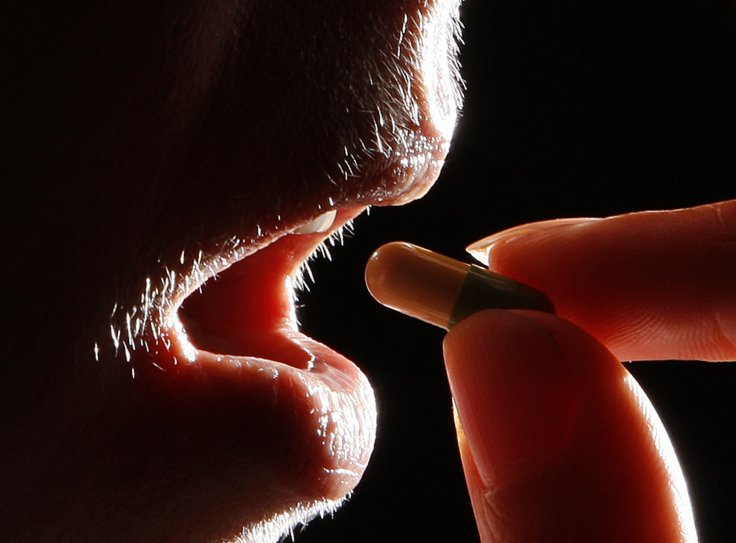While there is no medication or vaccine available for the Coronavirus, several hospitals and doctors have started using a cocktail of drugs including experimental medicines like hydroxychloroquine and remdesivir to treat COVID-19 patients. Even though a few researchers and US President Donald Trump started called hydroxychloroquine a potential drug against the disease, the publishers of the new French study on the drug now claim that the paper 'did not meet the standards.'
In a statement, the International Society of Antimicrobial Chemotherapy (ISAC) addressed several new concerns about the French research on the use of hydroxychloroquine that was once addressed as a 'game-changer' by Trump during a press conference.
The French study on hydroxychloroquine
As per the ISAC officials, they have found that the research reports hid data about those people who did not respond to the medication. They also said that it was also not clear when the researchers claimed that patients were 'virologically cured.'
The controversial study led by Didier Raoult on the combination of hydroxychloroquine and azithromycin in patients with COVID-19 was first published online in ISAC's journal, the International Journal of Antimicrobial Agents, on March 20. The researchers from Méditerrannée Infection University Hospital Institute in Marseille, France, applied the drug on 20 patients. In the research paper, the team of researchers revealed that the combination was linked to viral load reduction/disappearance in COVID-19 patients.

It should be noted that initially, the research started with 26 people, but six of them "lost in follow up during the survey because of early cessation of treatment," mentioned the study. Later, it was revealed that three of these patients ended up in the intensive care unit, while the fourth patient died, one stopped treatment after experiencing side effects of the medication, nausea and the last participant ended up not having the virus.
In the statement, Andreas Voss, the president of the society, wrote, "Although ISAC recognises it is important to help the scientific community by publishing new data fast, this cannot be at the cost of reducing scientific scrutiny and best practices."
French study facing criticism
A bioethics professor in the department of population health at NYU School of Medicine Arthur Caplan called the French study "pathetic" especially due to the result of the six patients. He said that the researchers had clearly hidden data related to their study and "It got retracted because it was a farce."
Even though Trump said that people can try this drug, Caplan disagrees with that statement due to dangerous side effects and said, "Studies in Sweden and Japan [of the drug] have been shut down because [patients[ kept having seizures. It was approved for 20-year-olds going on a safari; it was not approved for 74-year-olds with pneumonia.
Here, it should be mentioned that other data revealed that there are 43 cases of heart incidents linked to hydroxychloroquine. In this case, France's drug safety agency said "This initial assessment shows that the risks, in particular cardiovascular, associated with these treatments are very present and potentially increased in COVID-19 patients. Almost all of the declarations come from health establishments," and added that "these drugs should only be used in hospitals, under close medical supervision."

As per ISAC, they found another concern with the paper that is the lack of better explanations of the inclusion criteria. The study describes 100 percent of patients who took both drugs were 'virologically cured' in comparison to 57.1 percent of patients who consumed only hydroxychloroquine and 12.5 percent who took neither.
Both chloroquine (CQ), branded as Aralen, and its counterpart hydroxychloroquine (HCQ), known as Plaquenil, are widely prescribed to treat malaria patients. As per the reports, US Food and Drug Administration (FDA) has approved an abbreviated new drug application for hydroxychloroquine sulfate tablets to address ongoing shortages of the drug sparked by its still unproven potential as a Coronavirus treatment.
Recently, hospitals in Sweden also tried to use antimalaria drug chloroquine on its patients. But they stopped the experiment after the medication started causing dangerous side effects on Coronavirus-infected people. But as of now, it is not clear exactly which variety of this medication was given to the patients in Sweden.









